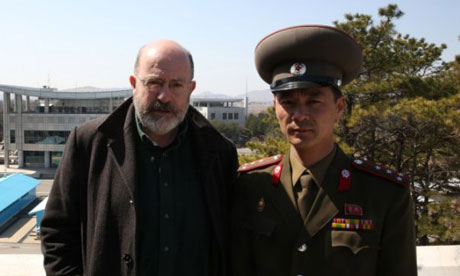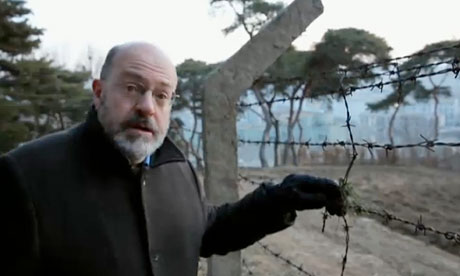In late March, with a group of students attending the London School of Economics, an undercover BBC journalist named John Sweeney surreptitiously entered North Korea, where he and a cameraman filmed segments for an upcoming documentary. When LSE officials discovered the ruse, they delivered a blistering email to the school's student body, reading in part, BBC's actions may have seriously compromised the future ability of LSE students and staff to undertake legitimate study of North Korea. LSE students were put in serious danger if the subterfuge had been uncovered prior to their departure from North Korea. However, were these very real dangers worth the risk? The hazards - even those to which the LSE students were exposed - were an appropriate cost of documenting the conditions inside North Korea. The other, and perhaps more pressing, ethical consideration is North Korea itself. The secluded military state operates almost entirely as a black site, hidden from international scrutiny, and systematically dispatches dissidents, including Christians, to brutal working camps where prisoners carry out life sentences. North Koreans continue to suffer from food shortages instigated by a state-sponsored rationing system. The country's leaders delight in threatening both the U.S. and its geographic neighbors with nuclear annihilation. In light of these actions and threats you can begin to see how Sweeney and the BBC justified the trip, and the alleged deceptions involved in arranging it.
(http://www.guardian.co.uk/media/video/2013/apr/15/bbc-panorama-north-korea-video)


No comments:
Post a Comment